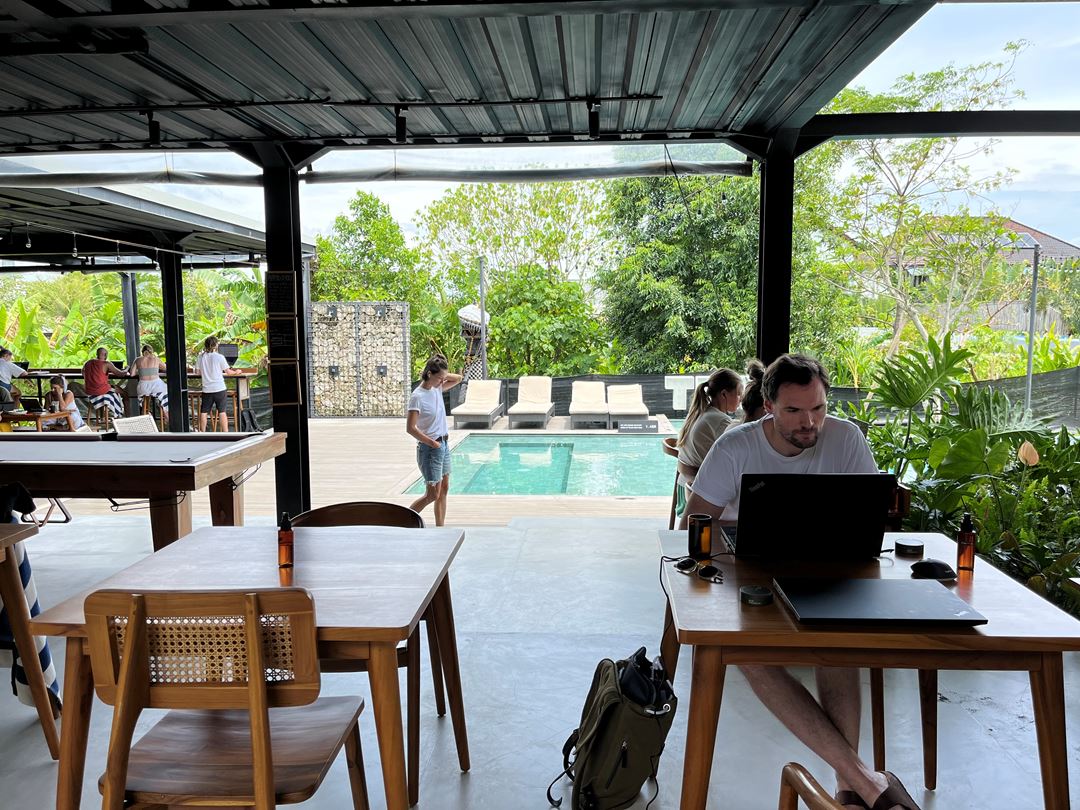The corona pandemic led to significant changes in the way we work and increased the pace of the ongoing digital development, making it easy and acceptable to work outside the office with different arrangements as well as other locations, even so-called distributed working. It initiated a shift in work attitudes among employees and in the development of work routines, forms of employment and workplaces.
Continuing with a hybrid solution working partly from home and partly at the office or anywhere else, e.g., on travel, at the library, in a café or at a book-in workplace in the neighbourhood, is optional but also attractive to many, but not for all and not always.
The hybrid workplace has come to stay, and in an era where severe cuts in global greenhouse gas emissions are of vital importance, it is crucial to understand its potential as a contributor for a greener urban development that includes social durability (health, well-being, and inclusion).
Planning concepts such as "the 15 minutes city" and mixed-use developments, where people can live, work, and socialize within a short walkable or cyclable distance, seem to become even more relevant.
Case studies will be a core activity in the SIHW project. Four companies as supporting partners have committed to participate in SIHW and will contribute with cases that are either in the planning phase, under construction or newly built.
Success criteria, drivers, and barriers for how they plan, build, and organize to meet the different aspects of the sustainable hybrid workplace will be identified.
We will bring together an interdisciplinary team with architects, sociologists, biologists and engineers to:
- Investigate the impact of the hybrid workplace on office workers and their organizations, on urban planning, and on the climate
- Describe how the hybrid workplace can be an important part of the green shift
- Collaborate with important stakeholders like large organizations (private, public), real-estate owners, municipalities, universities, unions, and public authorities to assure high relevance of the results to stakeholders and end-users.
- Convey knowledge to end-users as employees and homeowners
- Develop methods and guidance for planners, building industry, and organizations to secure healthy, motivating, inclusive and productive hybrid working conditions in line with the Nordic model
- Support innovation and policymaking for a sustainable future office working life
Partners:
SINTEF has the project lead. Chalmers University of
Technology and Reykjavik University are partners.

